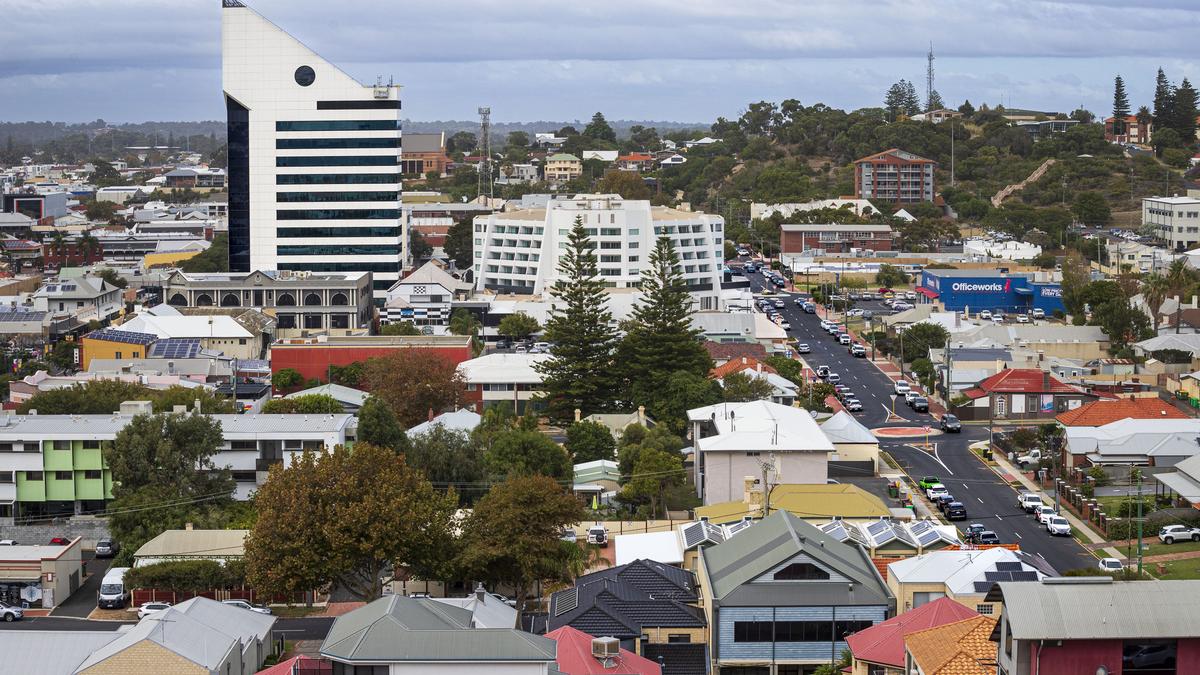
A belly dancer has been arrested in Cairo, Egypt, facing serious charges for allegedly offending public morality. The dancer, Linda Martino, an Italian-Egyptian performer with over two million followers on Instagram, was detained at Cairo International Airport. She is accused of using “seduction techniques and provocative dancing to incite vice,” charges that could lead to a year of hard labour.
Martino’s arrest is part of a broader crackdown by President Abdel Fattah al-Sisi’s government on artists and entertainers who are perceived to challenge conservative cultural norms. This incident follows similar arrests of other renowned belly dancers in Egypt, despite the dance form’s popularity in the country.
The formal accusations against Martino include appearing in “indecent clothing” and “deliberately exposing sensitive areas of her body,” which authorities claim violates public morals and social values. The legal actions raise significant questions about artistic expression and the limits of cultural tolerance in Egypt.
In response to her arrest, Martino has defended her art. She describes belly dancing as “an art” and insists that the videos cited in the charges depict normal performances that do not contravene public morality. “I am a dancer and the videos on which the accusations are based are normal,” she stated. “I don’t know why Egypt is doing this, but I am also an Italian citizen, and at this point, I am asking for the Italian consulate to get involved.”
Martino’s appeal for support from the Italian consulate highlights the complexity of her situation, blending national identity with issues of freedom of expression in a country facing increasing scrutiny over its cultural policies. As public interest grows around her case, it underscores the delicate balance between tradition and modernity in Egypt’s artistic landscape.
The implications of this arrest extend beyond Martino’s personal circumstances, reflecting a broader trend of repression against artists in Egypt. The government’s stringent stance on cultural expressions deemed provocative raises concerns about the future of creative freedoms in the region. As the story develops, many will be watching how this case unfolds and what it means for the rights of artists in Egypt and beyond.






